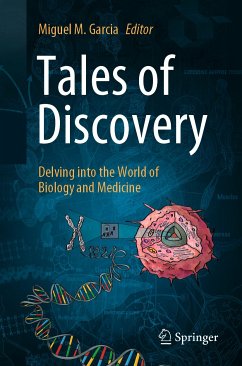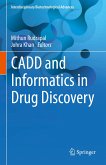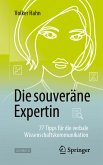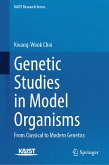Research data sharing has traditionally been addressed to other peer researchers. Nowadays there is general awareness that putting research at the disposal of society is beneficial and necessary. However, the popularization of science is a hard endeavor. It must deal with transmission of transcendental knowledge with the appealing adornment of a good story, but avoiding the risk of falling into banality. This book consists in a series of individual stories delving into the world of biology and medicine. Some topics included in this volume consist in the explanation of basic biological concepts like the origin of modern eukaryotic cells, the importance of mutations as the driving force behind evolution, the molecular ins and outs of the nervous system, or the relevance of microorganisms to humans and science including food and energy industries. Others rather lean to a more biomedical perspective and constitute popular cases that have been, to some extent, trending in global media outlets: the divulgation of some current under-reckoned non-infectious pandemics like obesity and chronic pain, the presence of longer-living populations around the world named blue zones, the American (and African) opioid crisis, or the discovery and development of CRISPR-Cas as a promising genetic editing tool. All chapters are depicted with accompanying illustrations thoroughly elaborated by professionals of Fine Arts to make it easier to understand for the non-experts... but may perhaps also proof that the scientific method and multidisciplinary work are not unique to natural sciences, but also shared by other apparently distant disciplines like arts.
Dieser Download kann aus rechtlichen Gründen nur mit Rechnungsadresse in A, B, BG, CY, CZ, D, DK, EW, E, FIN, F, GR, HR, H, IRL, I, LT, L, LR, M, NL, PL, P, R, S, SLO, SK ausgeliefert werden.









